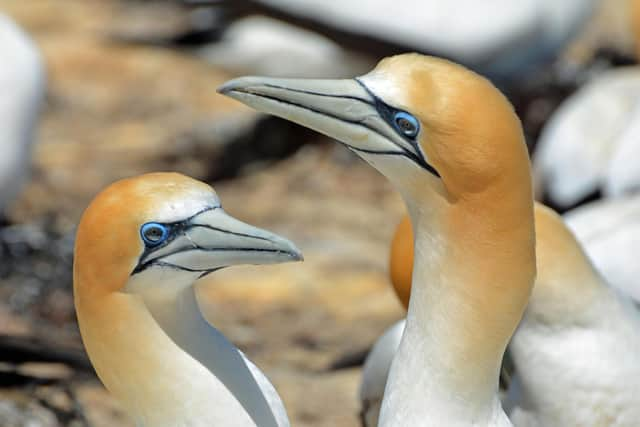For seabirds' sake, let us not go slow on this crisis on the coast - Scotsman leader comment
But tragically, this year, hundreds of these glorious creatures have been found dead and washed up on the water’s edge as a crisis on our coast deepens.
Reports have been building up for months of mysterious waves of seabird fatalaties, with guilliemots, razorbills and kittiewakes among those who have suffered.
Advertisement
Hide AdAdvertisement
Hide AdA number of man-made factors have been given for their demise, from pollution to climate change - which can impact food supply as the chemistry of the water changes - wind turbines and wounding from fishing gear.
Now a new major threat to Scotland’s seabirds emerges with a strain of avian flu, which originated in poultry.
Dead gannets have been found daily on the East Lothian coast since the start of this month and are thought to be linked to the huge breeding ground on Bass Rock.
Just yesterday, 10 dead birds – mainly gannets – were found at St Cyrus National Nature Reserve.
Widespread deaths of great skua (bonxie) have been found at colonies in Shetland, Fair Isle, Orkney, the Western Isles, Handa, the Flannan Isles and St Kilda.


Scotland is home to internationally significant populations of these majestic birds – with 60% of the world’s population of breeding great skuas found here during the season.
RSPB has urged the Scottish Government and NatureScot to develop a response plan urgently and longer term it wants much higher priority placed on seabird conservation.
Scotland’s seabird population has halved since the 1980’s – we can't afford to lose many more globally important habitats on our watch.